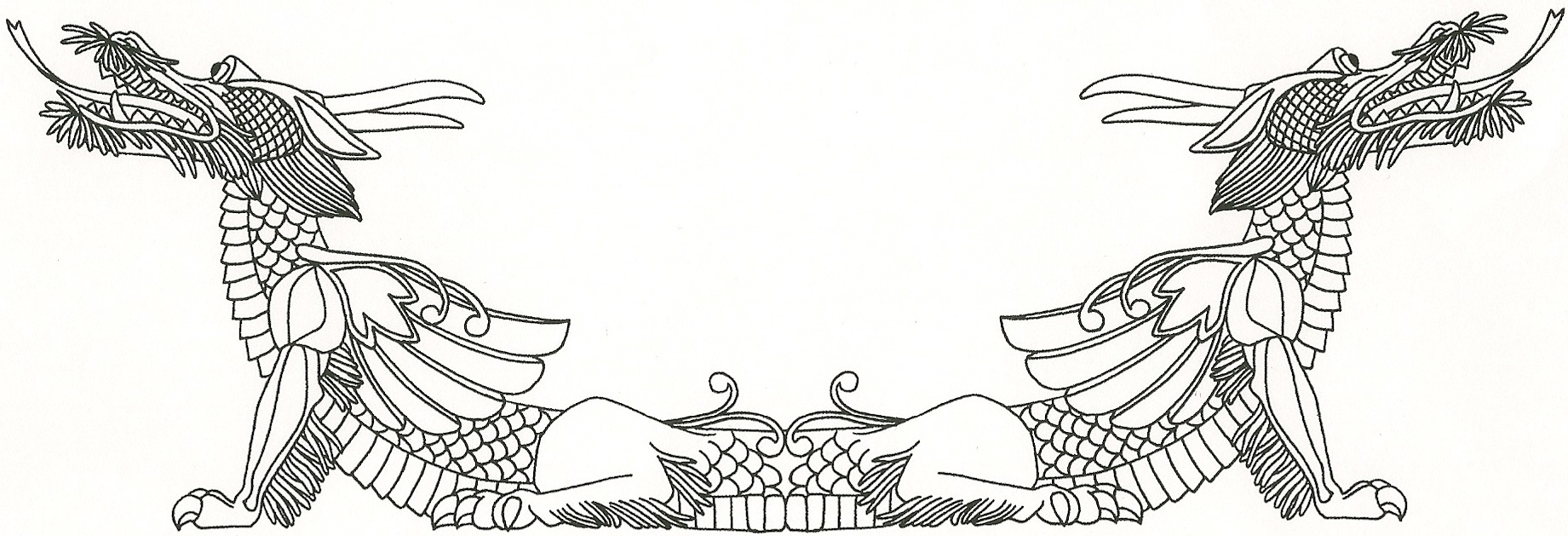In 1864, a debate was supposed to take place between Richard Burton and John Hanning Speke at the annual convention of the British Association for the Advancement of Science. The subject of the debate was the source of the Nile. Burton favoured Lake Tanganyika, Speke favoured Lake Victoria. The debate never happened because of Speke’s death. In 1866 Dr. David Livingstone went to Africa to try to settle the issue. He wasn’t heard from for two years. The British ‘establishment’ didn’t want to finance a search for him. Even the American newspaper-financed search was backed with a view to an increase in sales.
Into Africa is the story of Henry Morton Stanley’s search for Dr. David Livingstone. Throughout the book, Dugard alternates chapters on Livingstone and chapters on Stanley. This allows the reader to contrast the personalities of the two men, and their styles of leadership and of dealing with the men who worked for them. Stanley (actually a Welshman named John Rowlands) does not come out well. A product of his time living in the American South and fighting for the Confederate Army, he didn’t treat the native bearers with the gentleness and respect Livingstone found so effective. There are other aspects of Stanley’s behaviour towards the other members of his expedition that are hard to accept.
One thing that struck me while reading this book is how far fact differs from the idealised image I grew up with of the meeting between Stanley and Livingstone. As an example, my copy of this book has an illustration of two fit, healthy, tidily-dressed men raising their hats to each other. By the time they met, neither man was fit or healthy. Both men had to endure a great deal to reach the place where they met.
I have known about the meeting of these two men since childhood, but I never thought about why Livingstone went missing in Africa or what Stanley had to go through in order to find him. Martin Dugard tried to re-trace Stanley’s route to gain an appreciation of what he went through. Although he didn’t have to cope with porters running off with trade goods, his experiences help to colour his descriptions of places and people. Over all, a very good book on this historic meeting, and a real eye-opener in many ways.

